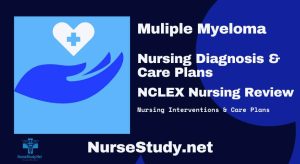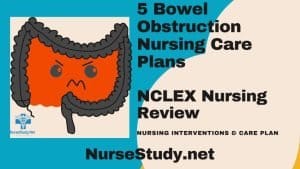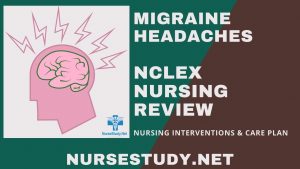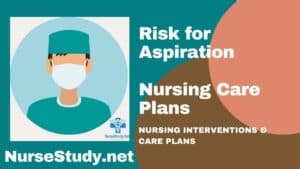Multiple Myeloma Nursing Diagnosis & Care Plan
Multiple Myeloma is a type of cancer that affects the plasma cells in bone marrow. It is a challenging condition that requires a multidisciplinary approach to treatment and care. Nursing diagnosis is an essential component of this approach, as it helps nurses to identify the patient’s needs, set goals, and develop an individualized care plan. … Read more





